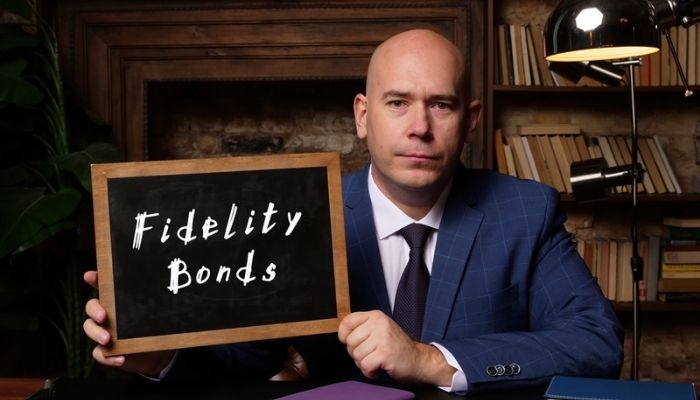Important Facts About Fidelity Bonds and Public Official Bonds

Investors are looking for potential opportunities where they can minimize their risks. An investor’s worst nightmare is endorsing a fraudulent product.
Fidelity and public official bonds provide protection against fraudulent behavior. These bonds may be legally required to complete a contract, or you can add them as protection in an emergency situation. Here’s a look at how bonds add a layer of security.
Public Official Bonds
Public official bonds are mandated by statute as a guarantee that a public official will perform their duties with honesty and integrity. Public official bonds are created based on an agreement between the official, government, and the surety that writes the bond. While the exact requirements vary based on the statutes, public official bonds are required for individuals who seek to hold a public office. Public official bonds are required for mayors, judges, clerks, tax collectors, sheriffs, and supervisors. Public official bonds require individuals to reimburse the government if they do not uphold their duties while in office. They are also required to pay a fixed amount. Multiple public entities require these types of bonds, including local governments, courts, universities, and school districts.
Fidelity Bonds
Fidelity bonds are a form of insurance that protects businesses from losses that occur due to fraudulent or corrupt acts by employees. Fidelity bonds fill a similar role as insurance policies. These bonds are not tradeable and do not accrue interest the way investment bonds do. Fidelity bonds cover various fraudulent acts by employees, such as forgery, embezzlement, and theft. Fidelity bonds are an asset for people in a business who have access to funds. Owners can purchase blanket coverage, which protects a large number of employees. Fidelity bonds can provide your business with extra protection in areas where you are vulnerable to fraudulent employee behavior.
There are multiple types of fidelity bonds. First-party fidelity bonds protect businesses against wrongful acts by their employees. Third-party fidelity bonds protect businesses against harmful acts conducted by independent contractors and consultants. ERISA bonds cover 401 K and retirement account managers against fraudulent acts. Businesses that store their customer’s property can also purchase fidelity bonds.
Keep in mind that some bonds are easy to obtain, while others may require a review of your credit history or assets. If you have any questions regarding fidelity bonds, contact our team at Abbate Insurance Associates Inc., and we can assist you.







